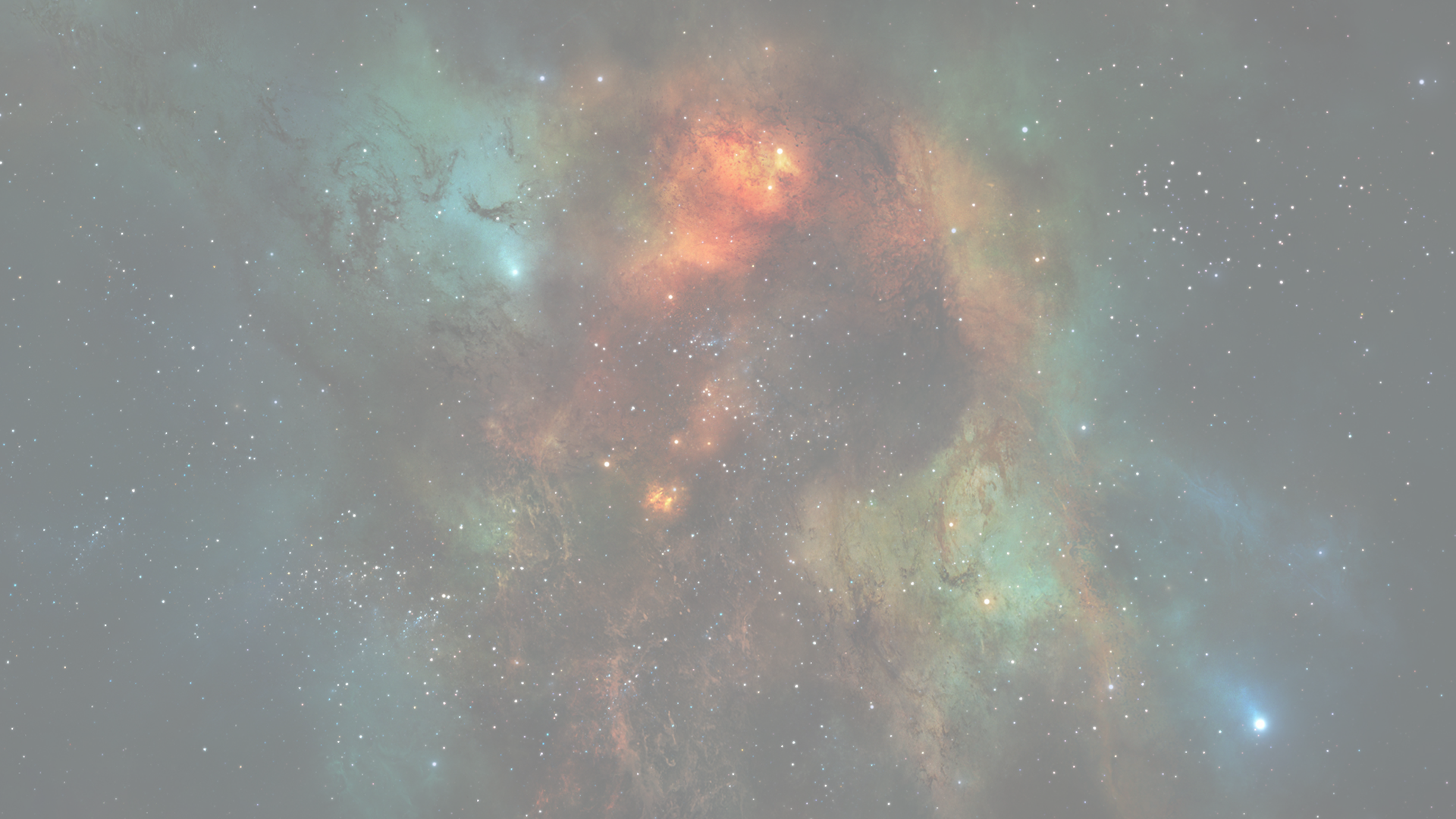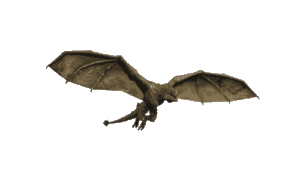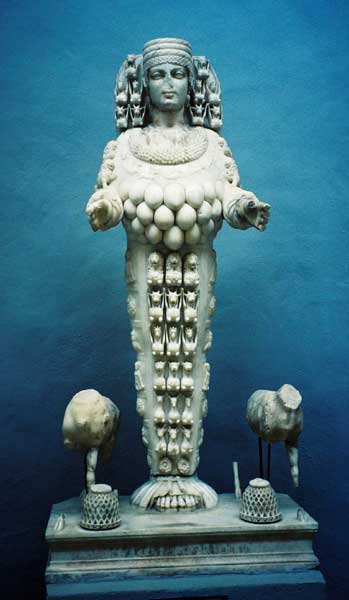


|
Myth, Mythology Exploring the Ancient Mediterranean Cultures |
||||
|
Ancient Mediterranean Cultures The unique and varied cultures of the ancient Mediterranean are revealed to us in a new and intriguing manner by the sea traders who interacted with virtually all the societies of those days: From great Greece and Rome to tiny Malta and Ibiza, from ancient Egypt and Mesopotamia to the frontiers of Spain and Morocco. We have all read and studied Rome and Greece, but how much do we know about the people and forces that raised up the great builders and artists among the Minoans, or the driven warriors and destroyers among the Sea Peoples? Experiencing all these things in rich detail allows us to see with greater clarity and greater appreciation the glory days of civilization which then arose. Each of the following interactions produced something that tremendously impacted the ancient Mediterranean and the course of early civilization -- do you know what they were? Maltese - Egyptians Greeks - Phoenicians Etruscans - Romans Minoans - Greeks Romans - Phoenicians Persians - Greeks
Phoenician Secrets Ancient Athens. Two excellent books on the . Ancient Mediterranean . Since Phoenician sea traders left so little by way of written record about themselves, we are left with the voluminous writings of Romans, Greeks, Persians, Egyptians, Hebrews and others who dutifully recorded their many interactions with those early people. All of these societies faced difficult situations during which Phoenician trade enabled them to get through to the glory days that lay ahead. Even in good times, great wealth arrived aboard those cedar ships, and scribes were moved to pour forth the fascinating events of these times. During these revelatory moments when scribes were not talking in self-conscious manner about themselves and their own society, they revealed things about other societies that would not normally have come to light. This is the path followed by the book Phoenician Secrets: Exploring the Ancient Mediterranean, which is therefore not exclusively about one society but -- of necessity -- is about all the societies of the ancient Mediterranean. For example, consider the interaction between societies that occurred when young Greece emerged from its Dark Age and reached out to establish colonies in places such as Sicily. Here the Greek historian Thucydides wrote about the deeds of his own people, but since no Greek foot had yet stepped upon Sicily during the time he described, he shared a view of the Phoenicians and local Sicels as well. The great city of Syracuse traced its origin to these days. There were also Phoenicians living all round Sicily, who had occupied promontories upon the sea coasts and the islets adjacent for the purpose of trading with the Sicels. But when the Hellenes [Greeks ] began to arrive in considerable numbers by sea, the Phoenicians abandoned most of their stations, and took up their abode in Motye, Soloeis, and Panormus, near the Elymi [local people], with whom they united, confiding in their alliance, and also because this is the nearest point for the voyage between Carthage and Sicily. These were the barbarians in Sicily, settled as I have said. Of the Hellenes, the first to arrive were Chalcidians from Euboea with Thucles, their founder. They founded Naxosand built the altar to Apollo Archegetes, which now stands outside the town, and upon which the deputies for the games sacrifice before sailing from Sicily. Syracuse was founded the year afterwards by Archias, one of the Heraclids from Corinth, who began by driving out the Sicels from the island upon which the inner city now stands. . . . Thucydides 6:2-3 This is a fascinating and unique approach that yields unexpected dividends. No matter how much you know about individual societies in the ancient Mediterranean, you will almost certainly discover fascinating events and people from these interactions between societies that stimulate new thoughts useful to your own area of interest. Thoroughly researched and clearly written . . . a welcome addition to all libraries. . . Throughout the book Holst makes insightful use of the latest archaeological evidence from land and beneath the sea, as well as the testimony of ancient writers . . . I learned a great deal from it and know that others will, too. David Northrup, Ph.D. It contains 100 photographs, maps and images in 365 pages. This is an idyllic walk through the ancient Mediterranean you will always remember. Sanford Holst's book should be a "must read!" for all those who want to learn the science and art of how a social system not only survives but thrives in an environment of great political, military, cultural, religious, and economic turbulence…. Anthony K. There are few history books so compelling as to leave you wanting to read more. I thoroughly enjoyed every moment of it. Dany Chalhoub Ancient Mediterranean Cultures
Phoenician Secrets Ancient Athens. Two excellent books on the . Ancient Mediterranean . Contents of This Site Ancient Mediterranean Cultures The gold mask shown above was found in the Phoenician city of Sidon. © 2006-2017 Santorini Books |
||||